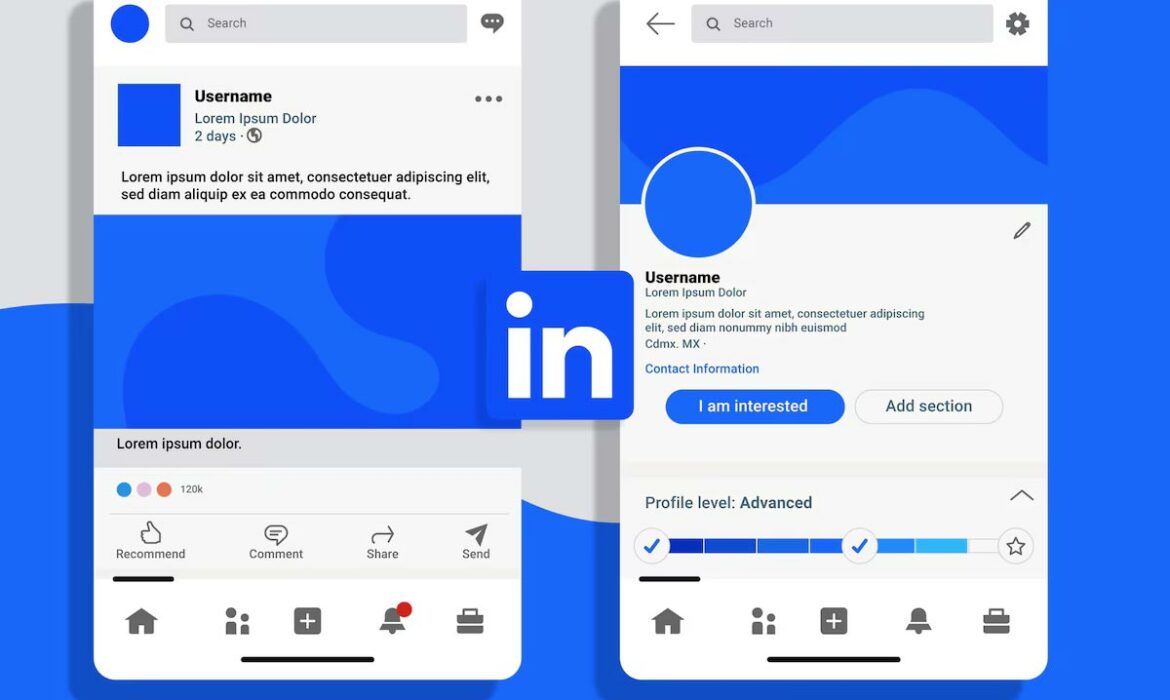Are your LinkedIn followers more interested in watching ants run on the ground than reading your posts? Are you actually wondering if LinkedIn has it out for you?
Well, sorry to break it to you but it’s not LinkedIn’s fault your posts are flopping. It’s yours. Tough pill to swallow, I know.
For many companies, LinkedIn is an untapped goldmine. It can draw in potential clients, partners, and opportunities. At the very least, it helps you build authority and share your thoughts on trends in your industry.
But even though there are over 875 million members and more than 58 million companies on LinkedIn, only 1% are using it effectively. And you can be one of those.
Get reading.
Why Your Company Posts Are Duller Than a Butter Knife
Here, I’ll dissect why your posts make people yawn. But I’ll also give you some tips to make sure your posts start sizzling with personality.
So, this is why your LinkedIn followers don’t like your posts:
People Don’t Trust Companies
These days, people don’t like being on the receiving end of corporate sermons. Trust in companies has been in a gradual decline for a while, and the game has shifted towards building authentic connections.
But here’s the thing – how can a faceless company build genuine connections?
Well, that was a rhetorical question. It can’t. A corporate entity is not personable. It can’t relate. It can’t share experiences. And that’s why your LinkedIn followers don’t trust you. But they do trust your employees.
People Trust People
The antidote to your corporate insipidness sits right within your own ranks – the members of your team. They make the magic happen, and they’re the reason why a reevaluation of your LinkedIn presence is in order.
You’re not on LinkedIn to show how great you are. People see right through that. And to be blunt, they don’t care.
You’re there to share the human in you, along with all the ups and downs. That is what people relate to. We all go through ebbs and flows, and it’s those stories that resonate most. So, if you think that harping on about your unbroken string of successes will win you a tribe of genuine followers, you’re lying to yourself.
People Love Originality
Stifling formality on LinkedIn is no more.
Your business should treat LinkedIn just like any other social media platform – by showing personality. This is about using the people who work for you as a means to build relationships. And they shouldn’t toot the company’s horn either.
Your employees should speak for themselves. It’s your team that should be in the spotlight. They’re the ones who can provide insights on current trends, offer a unique perspective, jump into conversations, and share their highest and lowest points.
The goal is to show that your company is a melting pot of diverse individuals who bring real value and connect on a deeper level. They’re not after the money; they’re after a shared experience and the opportunity to learn from others in the community.
People Associate
Your employees can revive your LinkedIn presence. But they’re not there to shower your company with divine praises because, in the grand scheme of things, it’s not exactly the Eighth Wonder of the World.
What will truly build trust is having employees who are enthusiastic, knowledgeable, and adept at connecting with the movers and shakers in your industry. When they speak, they’re not just sharing words; they’re weaving a narrative that intertwines with your company’s story. It’s this connection that makes others associate your employees with the company.
As a result, what’s written on your team’s individual LinkedIn pages carries more weight than the corporate megaphone.
So What Should Your Company Do?
Now, here’s your most important actionable tip: empower your employees to build their personal brands on LinkedIn. This is the best way to do LinkedIn well.
But don’t police your employees and don’t pressure them to sing the company’s praises day in and day out. Instead, encourage them to share their experiences, weave in mentions of the company where relevant, and not shy away from being real and raw.
When you trust your employees to be their real selves, they’ll trust you back. When they trust the company, they influence other people to do so as well, even if they aren’t on your payroll.
And remember, earning trust is a slow burn, but pays dividends over time. It won’t magically flood your inbox with new customers begging to give you their money after your CMO shares a few opinions on marketing.
Building relationships takes time, and often, the only tradeoff you’ll see is trust and relationships. But if your company has long-term plans, these are the most precious assets you’ll ever own.


